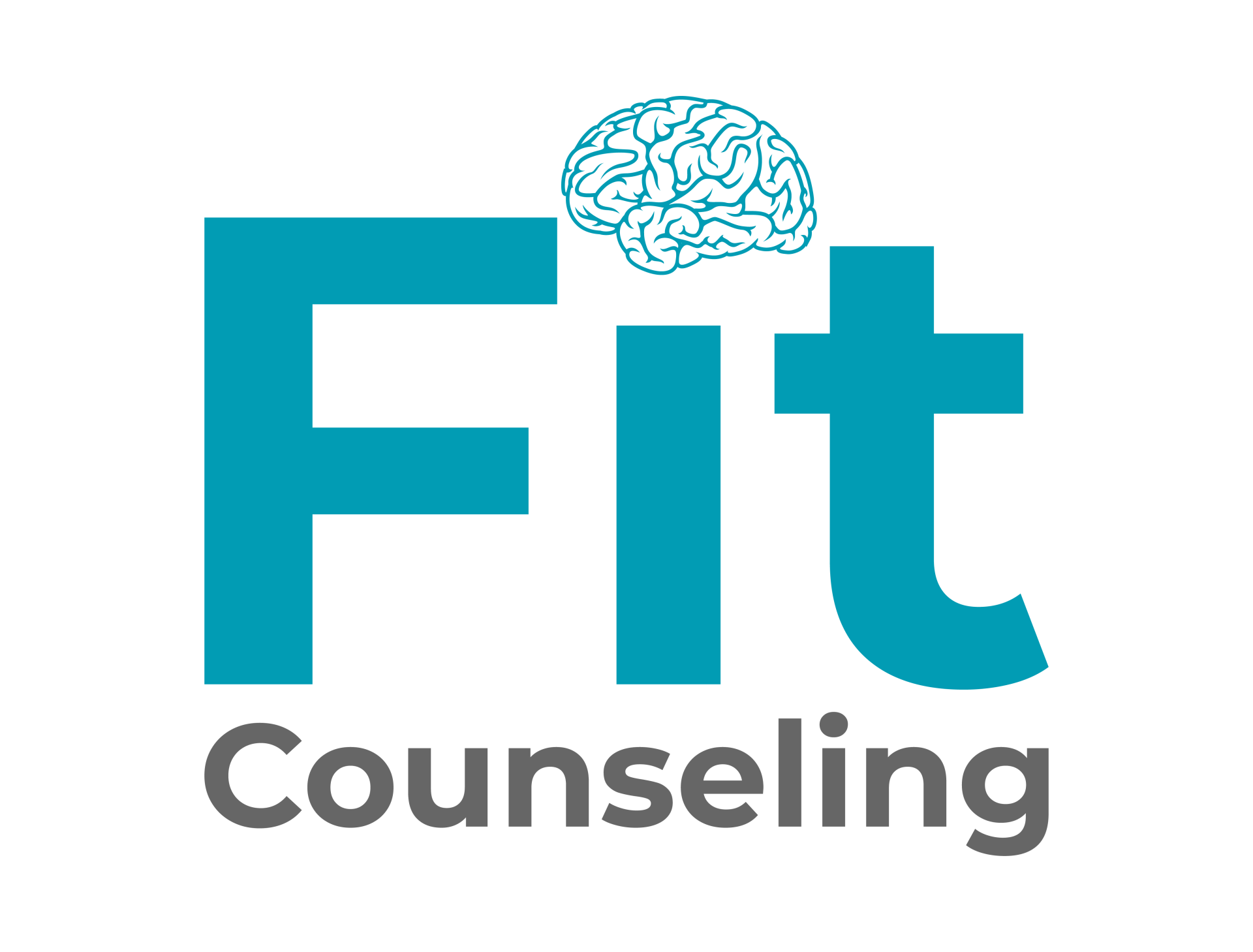January 26, 2026
Many women often pride themselves on their ability to manage multiple responsibilities, make smart choices, and keep everything running smoothly. But for many, this constant mental load comes at a cost: by mid-morning, your mind may already feel foggy, exhausted, and overstimulated. Decision fatigue and overthinking are common experiences for women who have spent years navigating complex responsibilities, caring for others, or managing trauma-related patterns of hyper-vigilance and over-responsibility. Decision fatigue is exactly what it sounds like: when the brain becomes depleted from making too many choices, your mental energy runs low. Everyday decisions that might feel simple to others—what to eat, how to respond to emails, which task to tackle first—can start to feel overwhelming or emotionally heavy. Overthinking intensifies this, as you analyze, re-analyze, and mentally rehearse scenarios in an attempt to control outcomes. This cycle keeps your nervous system on high alert, leaving you feeling drained, frustrated, and sometimes disconnected from your own body. For women with trauma histories, this is even more pronounced. Childhood experiences that demanded hyper-vigilance, perfectionism, or caretaking often teach the nervous system that constant monitoring is necessary for safety or survival. As adults, the habit of overthinking and overanalyzing becomes automatic. Your mind constantly anticipates problems, strategizes solutions, and evaluates emotional outcomes—not just for yourself, but for everyone around you. The result is mental fatigue long before the day is half over. Over time, this cognitive exhaustion contributes to emotional burnout, irritability, and the inability to experience joy or satisfaction from achievements. You may notice yourself procrastinating on decisions, feeling paralyzed by options, or making impulsive choices simply to relieve the mental strain. Many high-functioning women silently judge themselves for this, thinking they “should be able to handle it,” but it’s important to recognize that this pattern is deeply rooted in survival strategies, not laziness or weakness. Breaking the cycle requires trauma-informed strategies that target both the brain and the body. Mindfulness practices can help you notice when your thoughts are spiraling and provide a pause before your nervous system reacts. CBT techniques can identify unhelpful thought patterns and reframe them in a way that reduces mental overload. EMDR therapy can address the early experiences that trained your nervous system to be hyper-vigilant, helping you create lasting neural pathways for calm and confidence. Small, intentional interventions—like limiting decisions in the morning, automating routines, or delegating tasks—also protect your cognitive energy and reduce the burden of mental overwork. Remember, your mind isn’t failing you; it’s signaling that it has been overworked for far too long. Learning to manage decision fatigue and overthinking isn’t about being “better” at planning or controlling outcomes—it’s about creating safety in your body and mind so that daily choices don’t feel like an exhausting battle. Over time, these strategies allow high-functioning women to experience mental clarity, emotional ease, and freedom from the constant inner pressure to perform. If overthinking and decision fatigue are running your life, Fit Counseling offers trauma-informed therapy, EMDR, CBT, and mindfulness-based approaches to help high-functioning women restore mental clarity and calm. Virtual appointments are available across Florida, and insurance is accepted. Learn more at www.fitvirtualcounseling.com .



